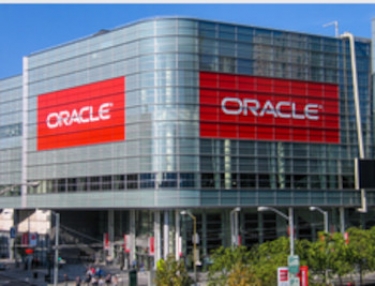On its website, Oracle has a detailed procedure outlined for those who are looking for a refuge after Red Hat pulled the pin on CentOS this week, along with scripts ready to go for converting systems.
And it offers plenty of good reasons to convince business types to make the switch. That brand of people don't want to screw around, fiddling with code every day when something breaks. They want to set and then forget.
That things have come to this stage reflects the intense pre-occupation that Red Hat has with money – and this means it is no different from Oracle.
|
|
The biggest independent open source firm now is SUSE, the German firm that was the first to put out a proper distribution back in the early 1990s, well before Red Hat even appeared on the scene.
Being an American company, it is not surprising that Red Hat has grown obsessed with money to the exclusion of everything else. IBM, a company on the skids, bought Red Hat in order to try and bolster its rapidly emptying pockets. It is not the first big company to do so.
Novell tried it back in 2003, by buying SUSE. That experiment failed miserably. But the fact that people in the software business see dollars and nothing else when they look at Linux is responsible for many failed experiments.
Gutting CentOS will mean that Red Hat will have to devote less developer time to it; what time is put in for the new so-called CentOS Stream will be essentially QA time for RHEL.
And what of Fedora? I don't want to sound like a prophet of doom but the days of the so-called community distribution are numbered. Why would Red Hat expend energy and developer time on Fedora when it can ask users of this distro to switch to the CentOS Stream instead?
All the Fedora user complaints, fixes and mailing list posts would serve as excellent free labour for the CentOS Stream. And that is essentially the point. In true gig economy fashion, Red Hat will be getting developer hours free.
GNU/Linux was once an operating system around which there was some idealism. Now, Red Hat has ensured that the only thing one sees when looking at a penguin is the greenback. Or the British pound. Or the Australian dollar. Or the Philippine peso. Or the UAE dirham. Or maybe the South African rand. And don't forget the euro.
How the company will try to spin this disaster in forthcoming days remains to be seen. But as for CentOS users, they will probably wait for Rocky Linux — the new distro announced by CentOS founder Gregory M. Kurtzer — and hope and pray that it all works out.
Else, there's always Oracle Linux...











































